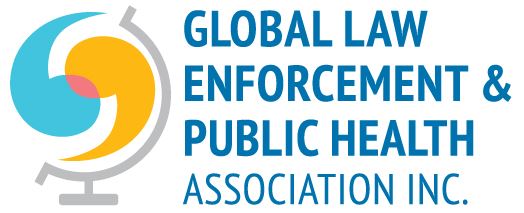This information has been directly sourced from the Call- for - Papers for the Journal of CSWB.
We are just over a month into the declared COVID-19 pandemic and all its associated tragedy around the world. So much has already been learned in this short period, and we know that many more lessons are yet to be discovered and shared for the benefit of safe and healthier futures, everywhere.
The global lens has perhaps never before been so sharply focused on the valiant and vital work of our health, human services and first responder professionals, and by extension, on the researchers, analysts, scholars and policy-makers who must capture, build and disseminate the knowledge and evidence that supports their work and their safety.
We have chosen to dedicate our next Journal of CSWB Issue 5(2) to supporting this urgent effort as best we can, with a target date to publish this special issue by mid-July.
As such, we are issuing this special call-for-papers as widely as possible in hopes of receiving, reviewing, and featuring as many well-informed perspectives of direct or indirect relevance to the current public health crisis and its associated challenges for community safety and well- being in all its forms. Our article categories include (*peer-reviewed) Original Research*, Practice Guidelines*, Social Innovation Narratives*, Commentaries, Records of Proceedings, Editorials and unique Food-for-Afterthought perspectives. Our Editorial Sections span Trust, Strengths, Services and Justice.
To meet our publishing timelines, we will need to receive items requiring peer review by May 10, and all other selections by no later than May 31. On behalf of our whole editorial and publishing team, I hope you will join us in this mission, and we look forward to receiving your works.
(Please visit www.JournalCSWB.ca to register and/or for more information on the submission guidelines)
